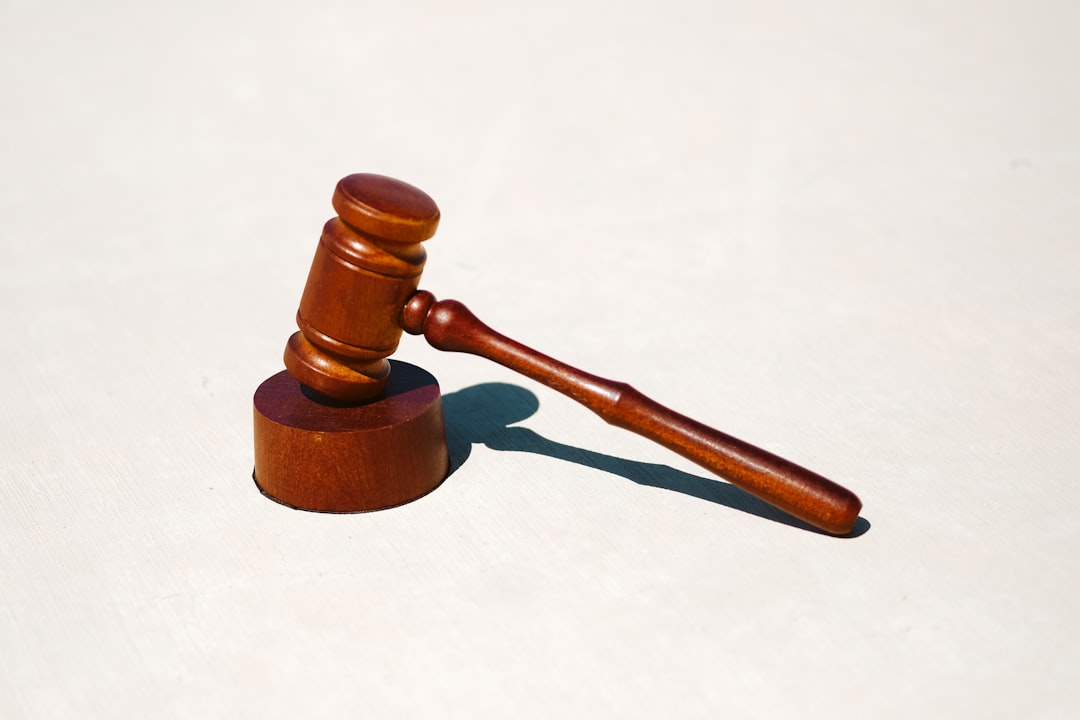In Connecticut, understanding sexual abuse laws is crucial for survivors seeking justice. This guide delves into the rights and protections available to victims through the expertise of a sexual abuse lawyer. From navigating complex legal systems to safeguarding survivors’ privacy, these professionals play a vital role in ensuring accountability. Learn about the steps to take after an incident, empowering you to protect your rights with the assistance of a qualified Connecticut sexual abuse lawyer.
Understanding Sexual Abuse Laws in Connecticut

In Connecticut, sexual abuse laws are designed to protect survivors and hold perpetrators accountable. A sexual abuse lawyer in Connecticut plays a crucial role in navigating this complex legal landscape. They guide survivors through the process, ensuring their rights are protected from the moment they come forward. Understanding these laws is essential for anyone considering legal action after experiencing sexual abuse or assault.
Connecticut has strict statutes of limitations and specific procedures for reporting and prosecuting sexual offenses. A qualified Connecticut sexual abuse lawyer can explain these regulations and help survivors understand their options. Whether it’s filing a civil lawsuit for damages or pressing criminal charges, legal counsel ensures that survivors’ stories are heard and that they receive the support they need during what can be a challenging and emotional process.
The Role of a Sexual Abuse Lawyer

When facing the aftermath of sexual abuse, having a knowledgeable and dedicated sexual abuse lawyer Connecticut can make all the difference in ensuring survivors’ rights are protected. These specialized lawyers have an in-depth understanding of the complex legal aspects surrounding sexual assault cases, offering crucial support to clients navigating this challenging time. They advocate for survivors, helping them understand their legal options and guiding them through the process of seeking justice.
A sexual abuse lawyer Connecticut plays a vital role in gathering evidence, interviewing witnesses, and constructing a compelling case. They work tirelessly to protect the privacy and well-being of the survivor, ensuring their voices are heard while maintaining confidentiality. These lawyers also provide emotional support, offering a safe space for clients to share their experiences, which can be essential in building a strong legal strategy.
Protecting Survivors' Rights and Privacy

Protecting Survivors’ Rights and Privacy is a paramount concern for any sexual abuse lawyer in Connecticut. When survivors come forward, they often face a daunting journey filled with emotional turmoil and legal complexities. A dedicated attorney understands that their role extends beyond merely securing justice; it involves shielding clients from further harm and ensuring their confidentiality. This means navigating sensitive legal processes while maintaining strict privacy protocols to safeguard personal details from public disclosure.
By employing robust measures, Connecticut sexual abuse lawyers protect survivors’ identities, preserving their dignity throughout the legal process. This includes utilizing sealed court records, anonymous witness programs, and secure digital platforms for case management. These strategies are instrumental in empowering survivors to take control of their narratives, encouraging them to share their stories without fear of exposure or retaliation.
Steps to Take After an Incident of Sexual Abuse

After experiencing a traumatic incident of sexual abuse, it’s crucial to take immediate steps to protect your rights and ensure justice. The first action is to seek medical attention as soon as possible; this not only provides evidence but also serves as a priority for your physical and emotional well-being. Documenting the details of the incident is paramount; record the date, time, location, and any memories you have about what transpired.
Next, consider reaching out to a sexual abuse lawyer in Connecticut. Legal professionals specializing in this field can guide survivors through the complex legal process, ensuring their rights are protected. They can help collect evidence, file reports with law enforcement, and navigate the court system, ultimately aiming to hold perpetrators accountable and secure closure for victims.




